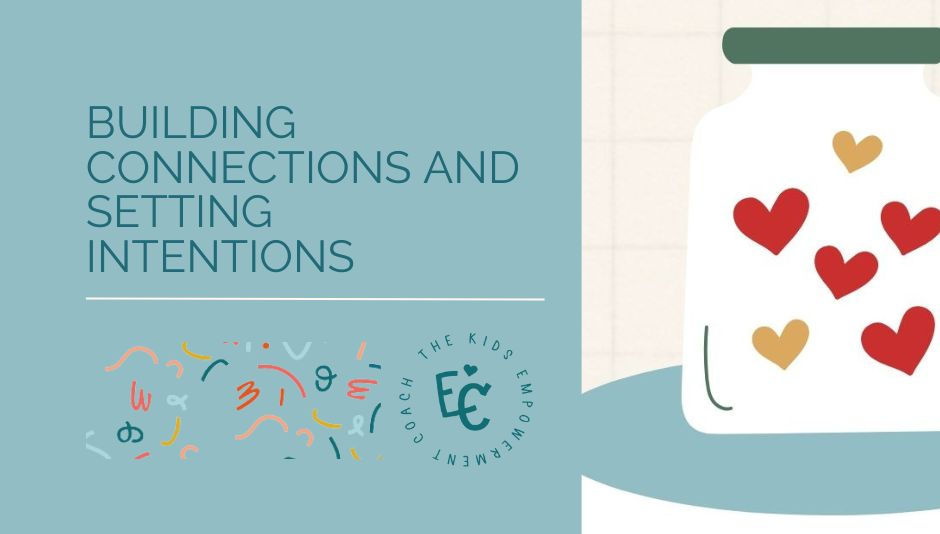Empowering Your Child: Nurturing a Positive School Experience
- Laura Wallace
- Jan 30, 2024
- 2 min read
As a parent and child coach, I understand the challenges families face when a child expresses a dislike for school.
Whether it's due to neurodiversity, academic struggles, or social difficulties, it's crucial for parents to play a supportive role in their child's journey.
In this blog, we'll explore effective strategies to empower your child, boost their self-esteem, and create a positive school experience.
Listen and Validate:
Begin by actively listening to your child's concerns and validating their feelings. Acknowledge their challenges without judgment, creating a safe space for open communication. Sometimes, a compassionate ear is the first step towards understanding and addressing the issues.
Celebrate Effort and Progress:
Focus on your child's efforts and progress rather than solely on academic achievements. Celebrate the small victories, recognising the hard work they put into their studies. This positive reinforcement helps build confidence and resilience.
Identify Strengths and Interests:
Everyone has unique strengths and interests. Explore these with your child and encourage activities that align with their passions. Whether it's arts, sports, or other extracurricular pursuits, fostering these interests can provide a sense of accomplishment and fulfilment.
Extra Supports:
Consider additional supports such as coaching, tutoring, or after-school activities tailored to your child's strengths. These resources can offer specialised guidance and boost their confidence in specific areas, contributing to overall academic and personal growth.
Maintain Open Communication with the School:
Keep lines of communication open with teachers and school staff. Share insights into your child's strengths, challenges, and interests. Collaborate with educators to develop strategies that support your child's unique learning style and ensure a positive school environment.
Encourage Social Connections:
Social interactions play a crucial role in a child's school experience. Encourage friendships and social connections, both inside and outside the classroom. Organise playdates, join clubs, or participate in community activities to help your child develop a sense of belonging.
I have used this approach in my own home by empowering my teen through a holistic approach that combines understanding, positive reinforcement, and tailored support is key to fostering a positive school experience. My son, who has never been a fan of traditional schooling, found his passion in building things, coding, engineering, electronics, and mountain biking.
Despite the challenges of navigating a system that didn't entirely align with his interests, I took a proactive role in supporting him. Recognising his strengths and talents beyond the academic realm, I encouraged him to excel in his passions.
While school provided a platform for some of these interests, I went the extra mile, becoming the dedicated "Mountain Biking Mum" who chauffeured my son and his friends to various biking locations.
I focused on praising his effort, fostering a positive mindset, and providing support where necessary.
By shifting the emphasis from academic achievements to overall progress and personal growth, I noticed a remarkable transformation. My son became not only happier and more content but also demonstrated increased dedication to his core school subjects, all while having fun pursuing his interests.
In embracing this balanced approach, I've come to understand the profound impact parents can have when they prioritise their child's unique strengths, interests, and happiness.
Every child deserves the opportunity to flourish in an environment that values their individuality, and with the right support, they can navigate the challenges of school while thriving in their passions.








Comments